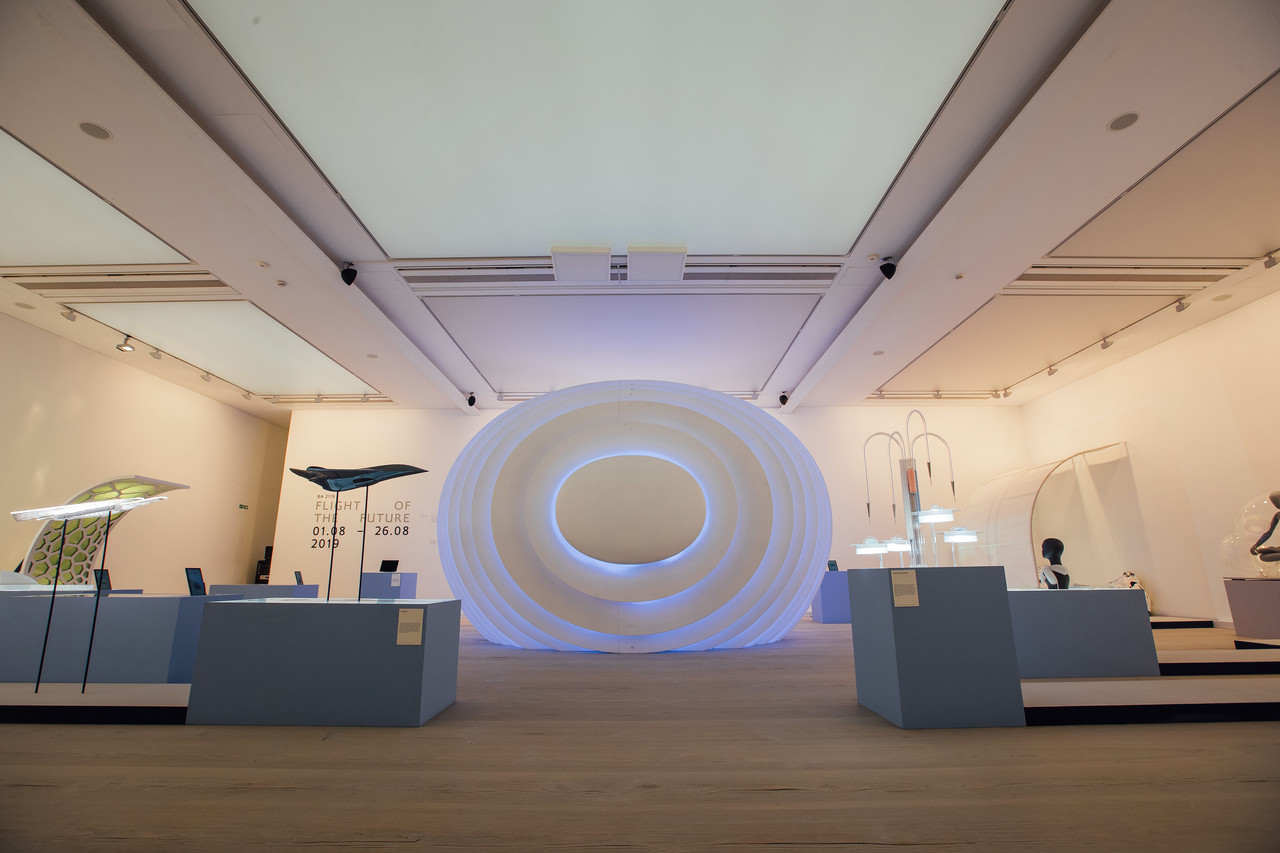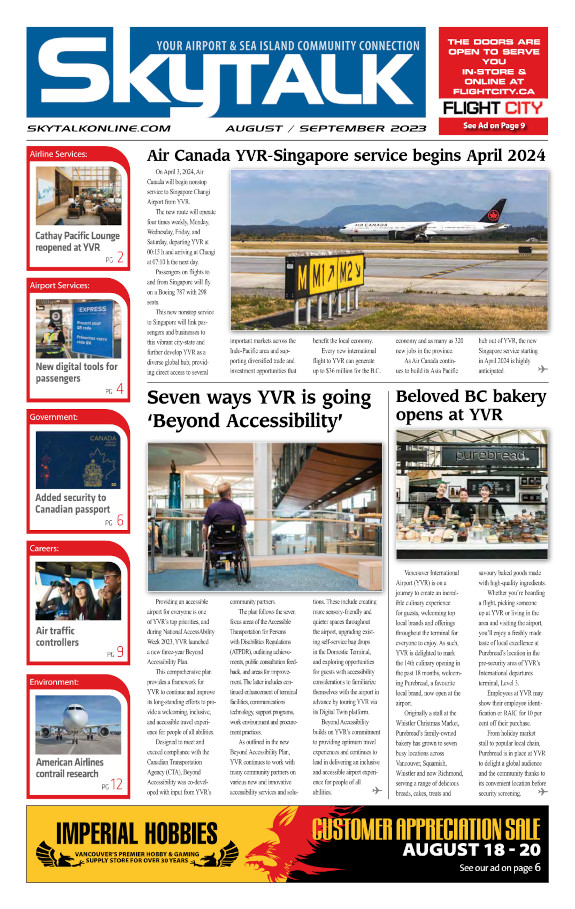According to a major global travel report published by British Airways, hyper-personalization, immersive virtual realities, 3D printed health solutions, modular aircraft connected to city infrastructure, hypersonic flying and the rise of super-slow “flight cruises” are all part of the future of air travel.
The BA 2119: Flight of the Future Report was commissioned by the airline to mark its centenary year.
Surveying 13,000 consumers across 10 countries and with consultations from leading sector experts and futurologists, the report is one of the largest global consumer travel studies of its kind and offers a picture of what flying will look like in 20, 40, 60 and even 100 years into the future.
Key findings and possible outcomes include:
- Far greater personalization flying experiences for consumers, which could be delivered through aircraft seats that use biological scanners to gather travellers’ physiological and nutritional needs. This data will suggest food and drink to meet individual requirements, which can be 3D-printed on board the aircraft.
- Acclimatization to the destination, be that combating jet lag or pre-travel care, will be a thing of the past, with 3D printers also used to print personalized health supplements.
- Artificial intelligence-powered personalization will enable passengers to bring cloud-based work and entertainment profiles to their seats, while holographic flight attendants will field basic questions and requests, freeing up cabin crew to offer more value-added interactions.
- Consumer demand for ultra-convenience and personal autonomy also emerged as key trends of the study, with passengers especially keen on speeding up their whole travel experience while still on board the plane. For example, inflight technology that allows travellers to self-complete immigration and visa control while they are still in the air.
- The environment is a key consideration for travellers, with 43 per cent of people prepared to pay more if the flight was more environmentally friendly. These concerns supplant the need for speed, with 45 per cent saying they would opt for the slowest available flight if it was the greener option.
- To deliver on these consumer demands, experts predict planes powered by electricity and alternative fuels, with the ability to recharge in the air using aerial recharging stations, enabling them to travel much longer distances more sustainably.
- Although the emergence of next-generation supersonic jets will dramatically cut travel time, the report predicts that within 50 years, the trend will be for slow, experiential flights as consumers seek a leisurely start to their holidays.
- These experiential flights could take the form of ‘air cruises’ that allow travellers to fly slowly over areas of special interest, such as the Pyramids, while interactive virtual reality guides give passengers an immersive running commentary. Other options available to passengers travelling on air cruises include on-board yoga, meditation or art classes.
The concepts in the BA 2119: Flight of the Future Report have been brought to life by post-graduate students at the Royal College of Art in a special exhibition at the Saatchi Gallery in London, which is on display throughout August.









